Diversity Matters EDGE Newsletter
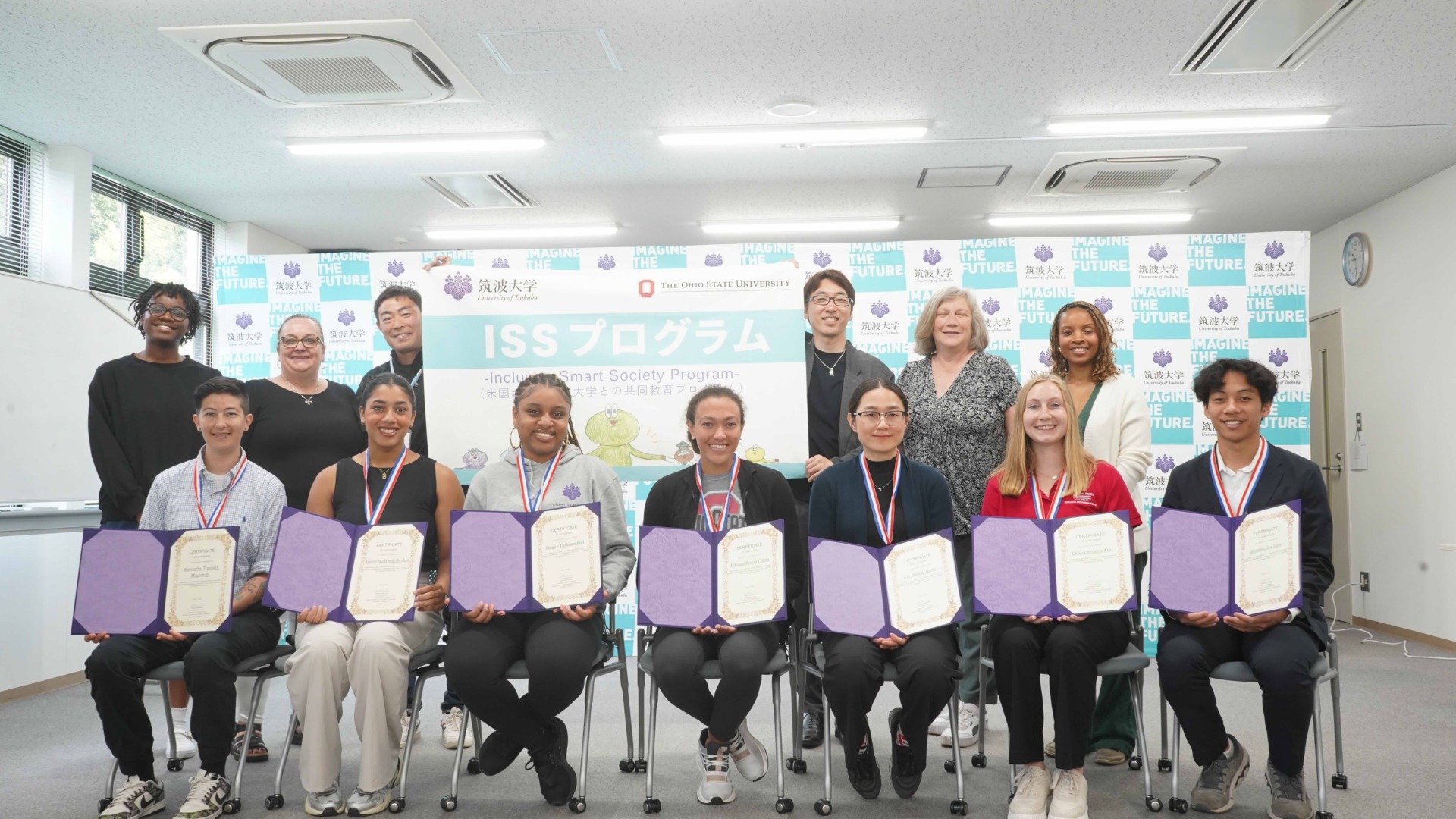
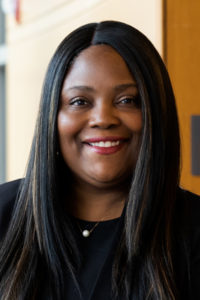
Director’s Note – Noelle
I have shared many times in this newsletter that I gained inspiration from many sources. These inspirations—like John Lewis’ concept of Good Trouble, often find their way into my home and work lives. I recently watched Dr. Chezare Warren’s TED-Ed talk on empathy. Dr. Warren encourages listeners to approach empathy the “right” way and proposes much needed shifts in perspective that help us better support others. Rather than remaining in positions of “false empathy,” or thinking you are the expert on other people’s circumstances, he suggests we decenter the self, listen with humility, and stay present as we determine how best to respond. His words proved timely as summer is usually my season to reset and consider new approaches to all my interactions.
My personal shift has been spending more time with my family, building my self-care, and pursuing creative interests (shout out to my voice teacher Mia!). In terms of my work-life, the importance of perspective-shifting has become immensely critical. In the dynamic landscape of higher education, we must sharpen our mind’s agility to shift gears thoughtfully. By re-considering the intersections, conflicts, and shared positions across our own lives and those of others, we can unlock the right empathy. This is one that appreciates how the actions of each person in our world impact others and moves us to act in ways that lift rather than limit. As this summer season approaches, may we all take the time to listen to ourselves and to others in a shared commitment to healing and wholeness and an approach of “radical optimism” (Arnold, 2024).
– Noelle Arnold, PhD
Senior Associate Dean and Director of EDGE
Professor of Educational Administration
Meet the Staff…and their Favorite Summer Drink and Best Place to Enjoy It…
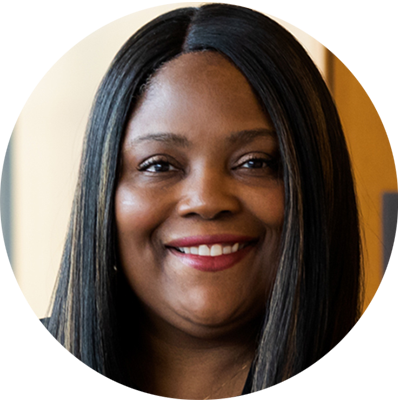
Noelle Arnold, PhD
Senior Associate Dean;
Professor of Educational Administration
Sonic Cherry Limeade Slush enjoyed anywhere with family and friends.
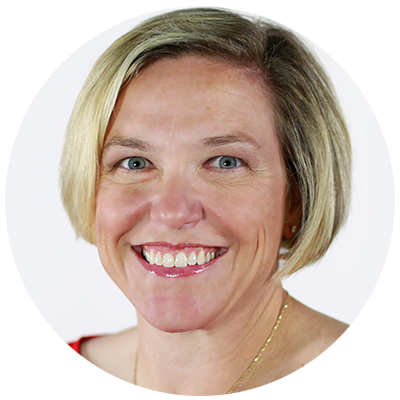
Christine Fagan, EdD
Special Projects Manager
Anything fruity and frozen on a patio near the ocean.
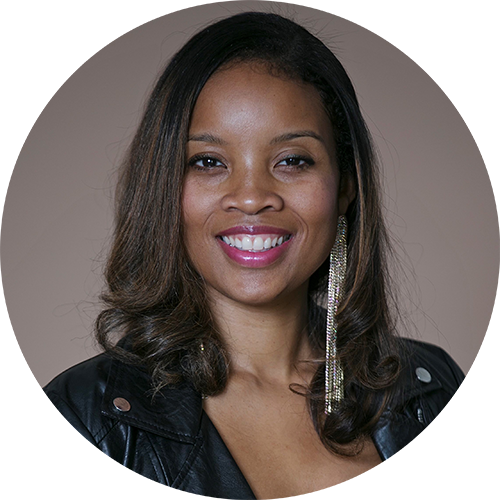
Carlotta Penn, PhD
Senior Director of Partnerships and Engagement
Yerba Mate Latte on the Front Porch 🙂
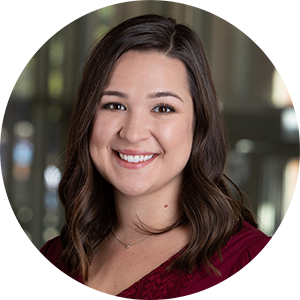
Jenna DiCamillo
Global Education Specialist
Sparkling water with a twist of citrus on any patio, bonus points if I can be in good company!
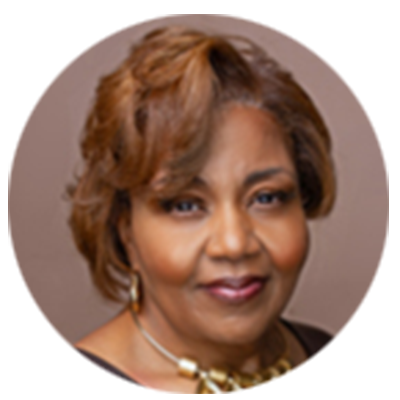
Tei Street
Education Director of Health Science Academies
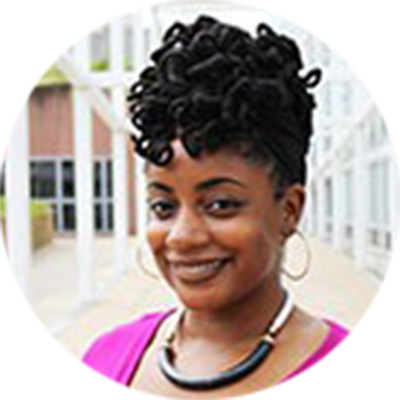
Ryann Randall
Assistant to the Director
Top Shelf Long Island, sitting on a porch enjoying the evening sun.
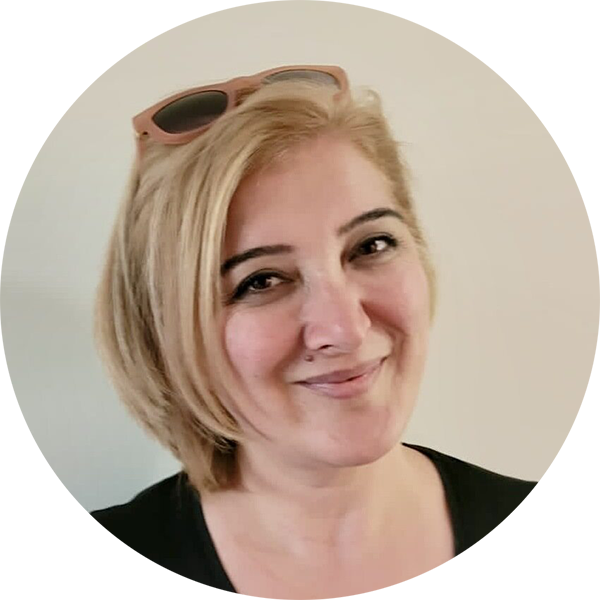
Filiz Oskay
EDGE Graduate Assistant
Ice-cold, fresh sangria at our patio overlooking the tiny forest.

John Rensink
Senior Director, The Bright Initiative
A nice cold lemonade sitting under a shady tree in a beautiful forest.
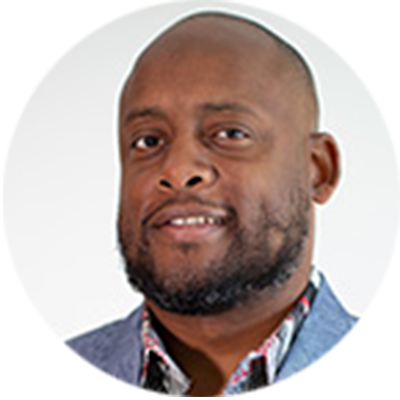
Muhammad Khalifa, PhD
Professor of Educational Administration;
Executive Director of Urban and Rural Initiatives
A chai tea in Madinah, Saudi Arabia
College and Community Engagement
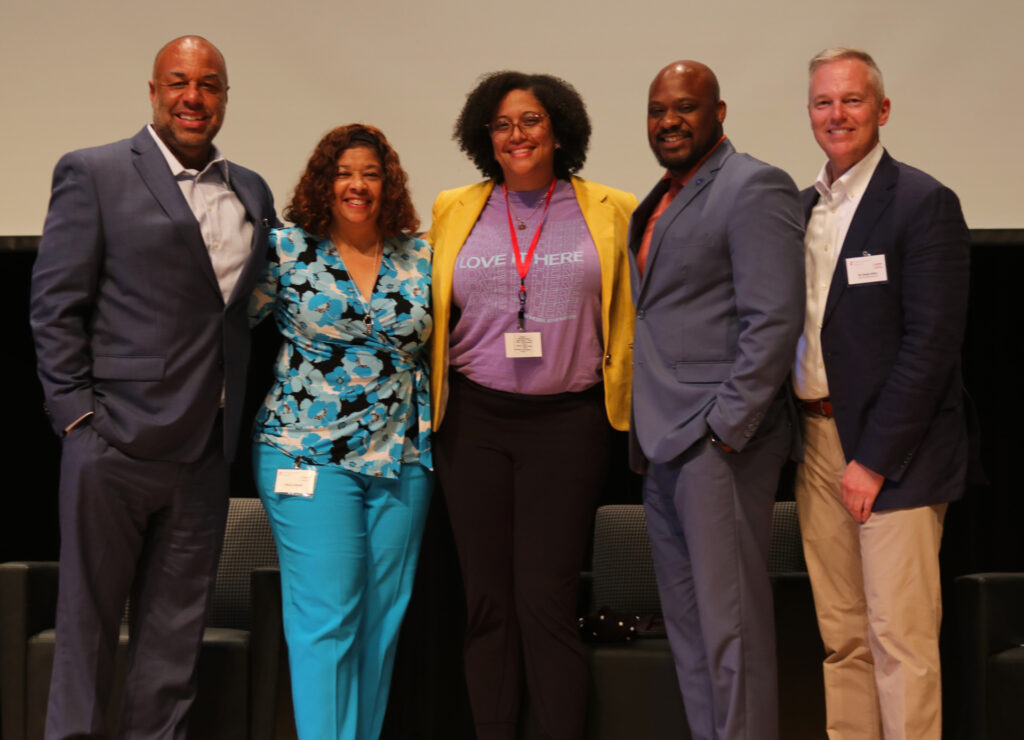
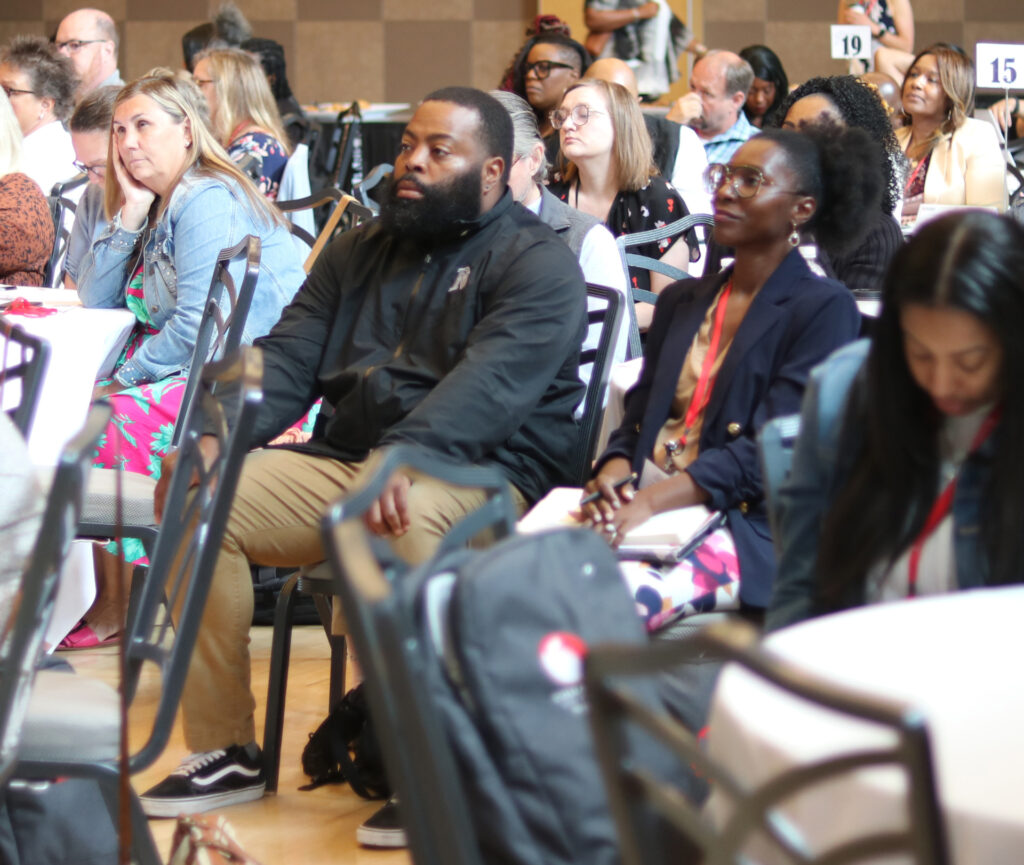
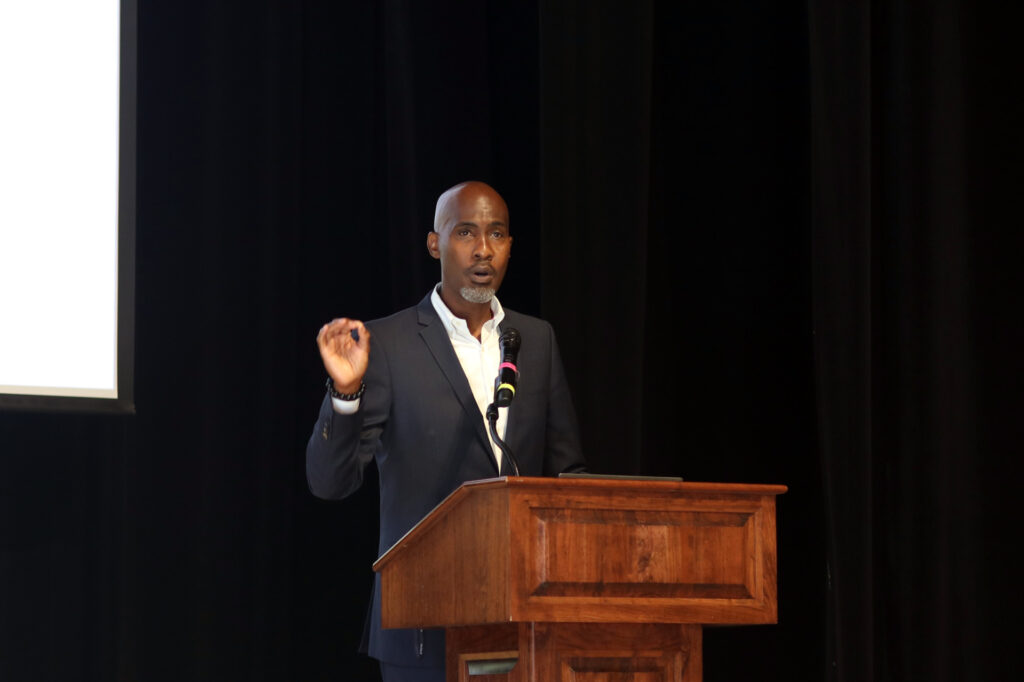
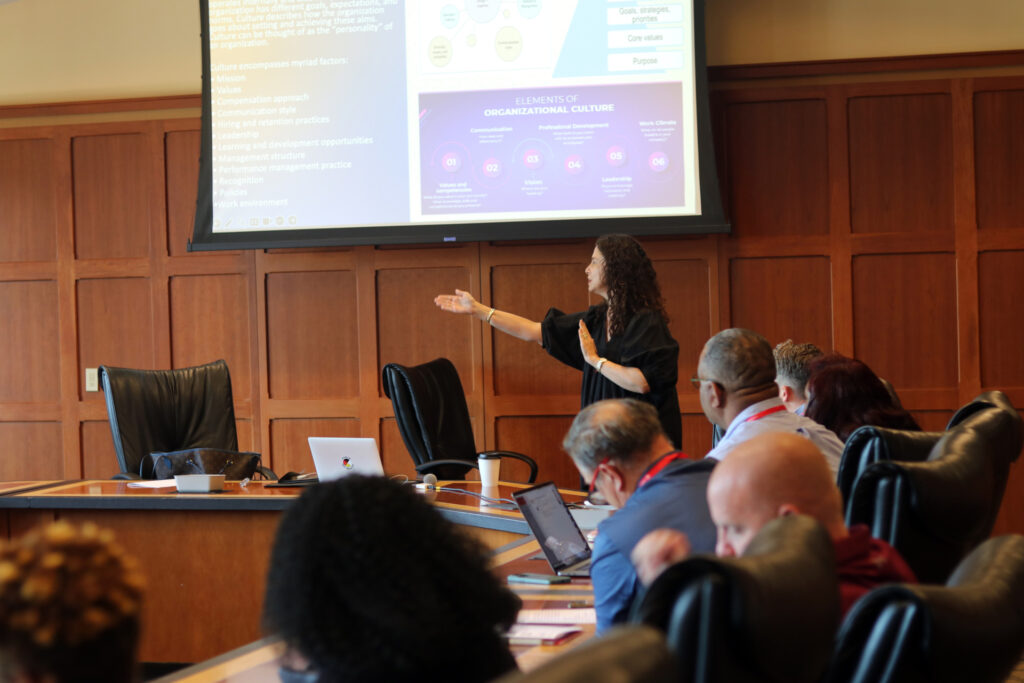
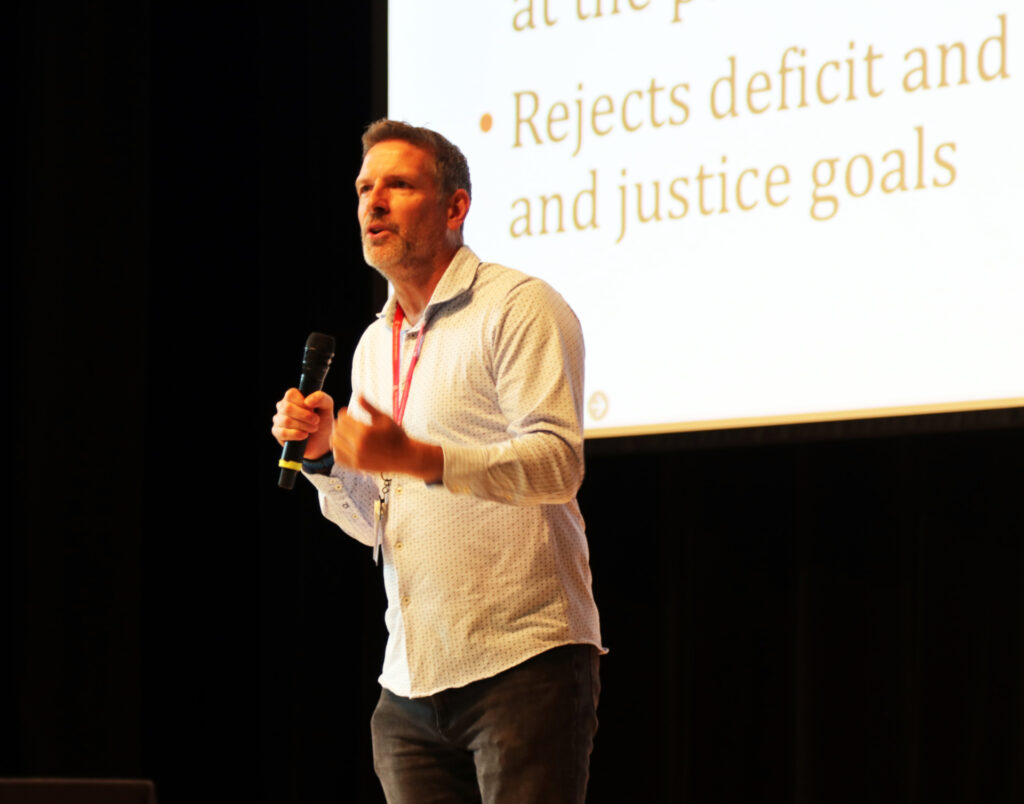
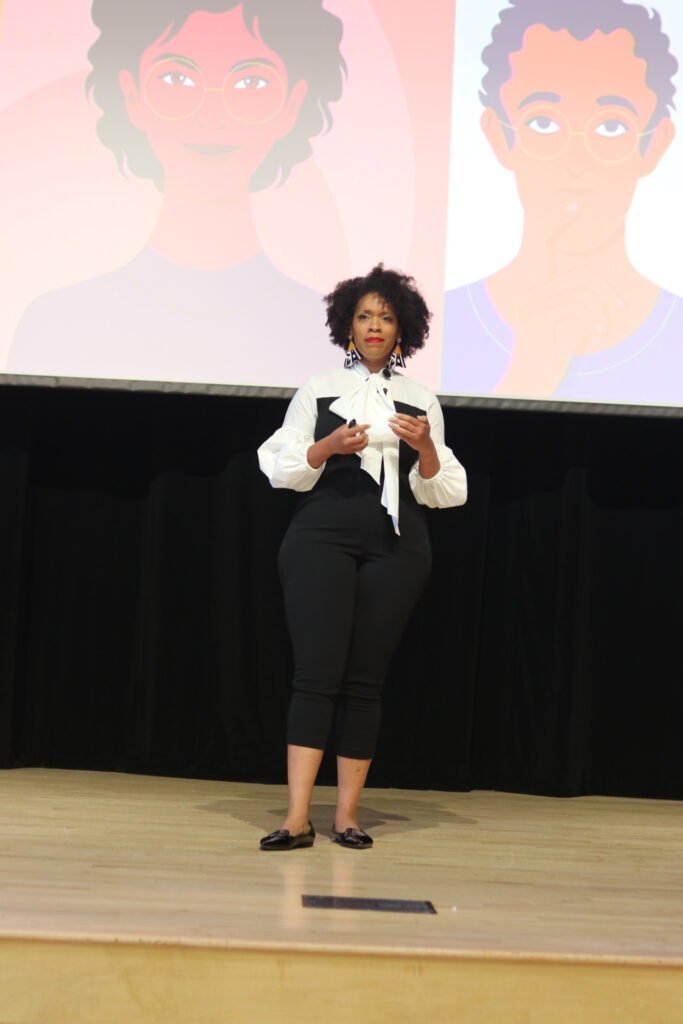
Featured Program – Leadership for Equity Institute 2024
On June 13 & 14, administrators and other district leadership from Columbus City Schools gathered at the Ohio Union for the 3rd annual Leadership for Equity Institute. Over the two days of equity-centered professional development, attendees listened to keynote addresses from Dr. Paul Gorski and Dr. Tyrone Howard. CCS administrators and other district leadership also attended breakout sessions from Monica and Marla Marsh, Dr. Rich Milner, Dr. Muhammad Khalifa and Dr. Sharon Ravitch. Attendees were also fortunate enough to attend sessions from other CCS district leadership. Session topics included Communication, Inclusionary Practices for Culturally Responsive Leaders and Designing Effective and Equitable Professional Learning. Attendees also listened to a panel discussion moderated by Dr. Dustin Miller. Panelists included Cherie Miller, Julie Savaria, Shawn Holt and Jason Jenkins. The institute concluded with a closing keynote by Dr. Melissa Crum. We look forward to hosting this event again next summer!
Pathways 2 Progress
On February 12, 2024, EHE hosted a career exploration session for the Pathways to Progress program. P2P, an initiative led by Tei Street, is a yearlong youth development program for rising high school juniors and seniors from Franklin County. The program creates a unique opportunity to engage youth from 12 school districts in Franklin County, exploring post-secondary career opportunities at the university. The session included EHE faculty and student panels and presentations on EHE majors and post-college careers. Carlotta Penn and Nancy Dugan coordinated the event, and several EHE faculty, staff, and students participated.
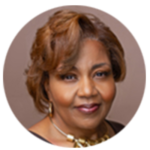
Tei Street
Education Director of Health Science Academies
2nd & 7

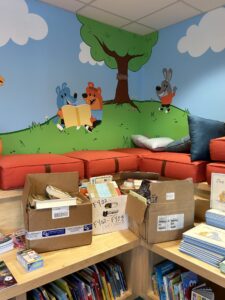
During the months of April and May, EDGE collected children’s books of various titles, especially early reading titles and diverse titles, in order to donate them to 2nd & 7. 2nd & 7 was started in 1999 by three former Ohio State football players, Ryan Miller, Luke Fickell and Mike Vrabel. Luke Fickell and Mike Vrabel are also alumni of the College of Education and Human Ecology. EDGE was able to donate over 3 boxes of books to the foundation. Dr. Christine Fagan coordinated the event and several faculty and staff of the college donated books. We would especially like to thank Sarah Simpson, Family Engagement and Literacy Specialist for the college. She provided a large donation of books.
EDGE Bookshelf Recap

The EDGE Bookshelf showcases the literary contributions of EHE faculty and staff whose work centers diversity, equity, anti-racism, and justice and includes recommended readings from featured faculty members. It is our hope that the Bookshelf serves as one resource through which we can learn from one another as we continue to grow as an anti-racist, inclusive, and equity-centered college community.
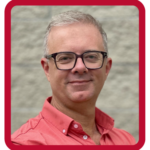
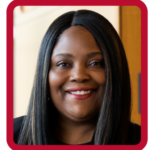


In the January edition, the EDGE bookshelf featured World Religion Day, offering an opportunity to reflect on the role of spirituality and religion in people’s lives worldwide. Contributions from esteemed faculty members enriched this edition: Dr. Matthew Mayhew, William Ray, and Marie Adamson Flesher Professor of Educational Administration; Dr. Winston C. Thompson, Associate Professor of Educational Studies; Dr. Bryan Warnick, Professor in the Department of Educational Studies; and Dr. Noelle Arnold, Professor in the Department of Educational Studies and Senior Associate Dean of the Office of Diversity, Inclusion, and Outreach. Their scholarly works and recommended readings on religion, spirituality, and beliefs provided invaluable insights.
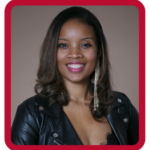
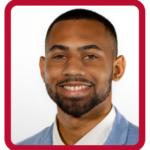
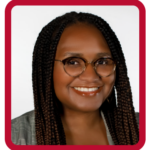

In March, EDGE celebrated EHE’s employee authors by featuring readings from Dr. Carlotta Penn, Senior Director of Partnerships and Engagement; Ivory L. Kennedy Jr., Program Manager and Lecturer in the Department of Teaching and Learning; and Breana Smith, Administrative Assistant III in Marketing and Communications.
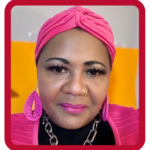


The May edition of the EDGE bookshelf celebrated Teacher Appreciation Week by featuring scholarly articles and reading recommendations from Dr. Donna Ford, EHE Distinguished Professor in the Department of Educational Studies, and Dr. Phillip Ward, Professor in the Department of Human Sciences.
We thank all of this semester’s participants for their invaluable contributions.
EHE Legacies Recap
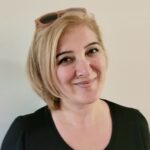
Project Lead
An EHE Legacy is a current or former OSU/EHE community member whose contributions to the university and society are worthy of recognition. Since 1895, the College of Education and Human Ecology has played an important role in education at all levels and human development across the lifespan at The Ohio State University, the United States, and around the world. The EHE Legacies project started in Fall 2019 and was created to explore the rich legacies of people, experiences, and accomplishments that have helped shape the College of Education and Human Ecology. We believe that a legacy starts with the knowledge and appreciation of the contributions of those who came before, which establishes a strong foundation upon which to build and progress.
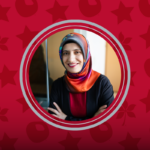
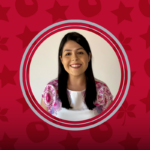
Recognizing International Students and the EHE pillar for global engagement, EDGE highlighted Dr. Tuba Gezer and Brenda Rojas as notable international students in the EHE community.
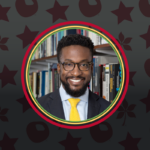
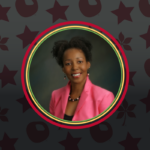
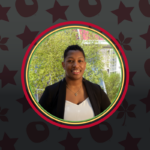

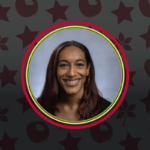
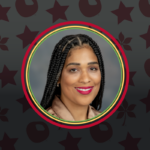
In February, the EHE Legacy project highlighted the unique contributions of past and present Black Buckeyes to the college, showcasing both historical and current examples of Black excellence. Among those honored were Dr. Winston C. Thompson, Associate Professor of Educational Studies at The Ohio State University; Dr. Beverly Cross, Faculty at the University of Memphis in Instruction and Curriculum Leadership and Moss Chair of Excellence in Urban Education; Tanya Middleton, Clinical Assistant Professor of Educational Studies at The Ohio State University; Tamia Duke, Student in Educational Studies and Fashion and Retail Studies at The Ohio State University; Jasmine Abukar, Faculty and two-time Alumna of EHE Educational Studies, Clinical Assistant Professor, and Coordinator of the Student Personnel program; and Dr. Tanya Burkhard, Assistant Professor of Qualitative Methodology in the Department of Educational Policy Studies at Georgia State University.
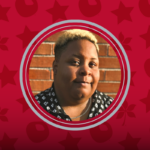
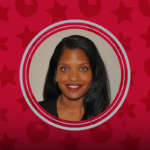
In March, EDGE celebrated Graduate and Professional Student Appreciation Week by highlighting PHD students Shea W. Martin in Teaching and Learning, Walker Ballard in Educational Studies, and Jennifer Turpin Stanfield in Human Sciences.
Monthly Awareness Initiatives
In January, the EDGE office commemorated World Religion Day. Carlotta Penn interviewed Dr. Matthew Mayhew and Dr. Bryan Warnick, who shared invaluable insights on the role of religion and spirituality in human lives and educational spaces.
In March, the EDGE Office commemorated Women’s History Month. Marla Marsh, Chair of the Diversity, Equity, Inclusion, and Belonging (DEIB) Committee for the Ohio District of Kiwanis International; Monica March, Chair of the DEIB Committee for the Ohio District of Kiwanis International; and Kelly Robinson Crawford, Chief Administrative Officer of EHE, contributed to this important initiative by sharing their personal narratives.
In May, in commemoration of National Arab American Heritage Month, the EDGE Office highlighted Dr. Manal Habbal, a member of our community of Arab American heritage who contributes daily to the excellence of our college and the wider community through her role as the Faculty, IELP in Teaching and Learning.
Global Hub
Each semester, faculty from across the college welcome international scholars to EHE as part of their collaborative research and teaching activities. Oftentimes the process for inviting scholars is unclear for faculty, especially those who have not done so in recent years. I wanted to offer a brief guide to clarify the essential steps and identify the key personnel that support the process.
Things To Know
- Inviting international scholars is a department level process. Faculty should contact their Department Head to confirm the department can sponsor the prospective scholar.
- The departments of Educational Studies, Human Sciences, and Teaching and Learning each have an administrative contact who processes visiting scholar requests. They are:
- Educational Studies-Jodi Renshaw.5
- Human Sciences- Abby Webster.342
- Teaching and Learning- Abby Webster.342
- The Office of International Affairs works with the department immigration administrator to process J-1 scholar requests, and the fee of $425 must be paid by the college department.
- Visiting scholars must demonstrate they have the necessary funding, health insurance, and English proficiency. More details can be found at OIA’s website.
- Here is a template for the invitation letter.
- If you still have questions, I am happy to support. Please email me at penn.123@osu.edu
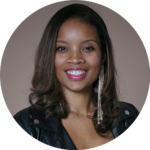
Carlotta Penn, PhD
Director of Partnerships and Engagement
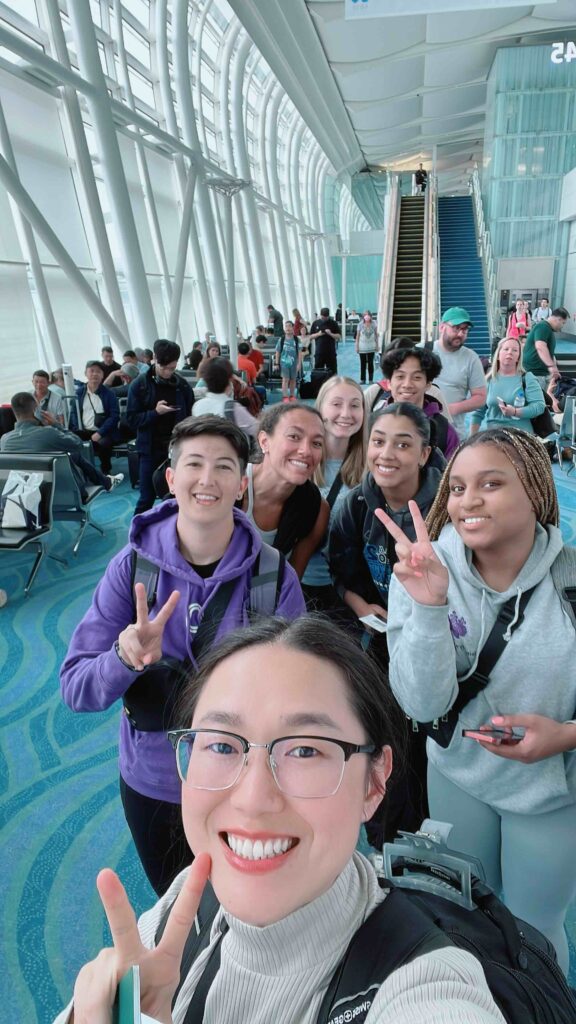
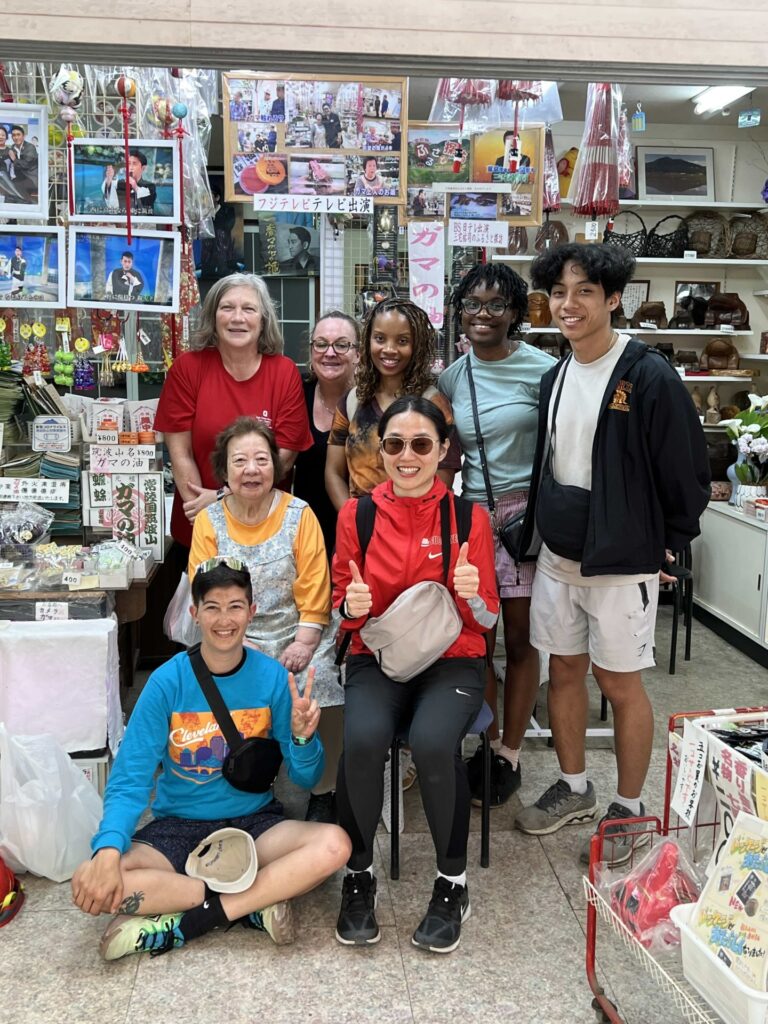
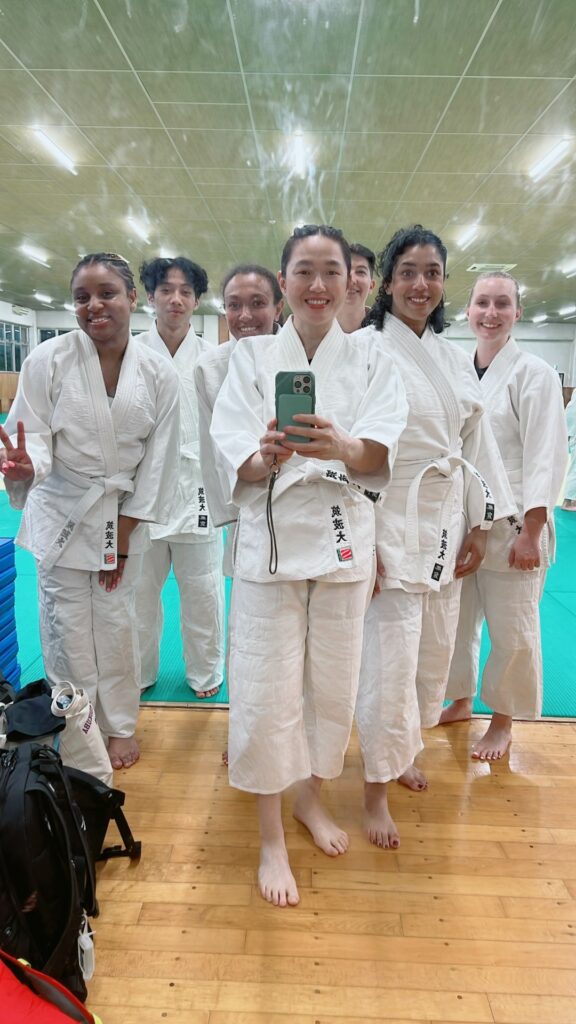
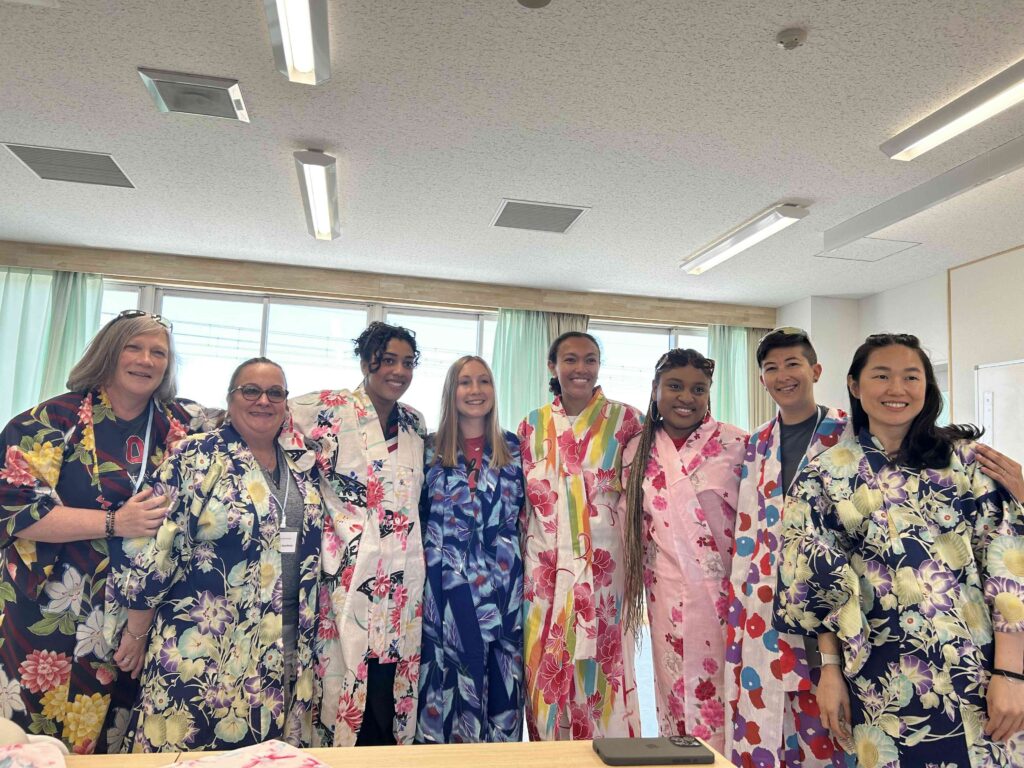
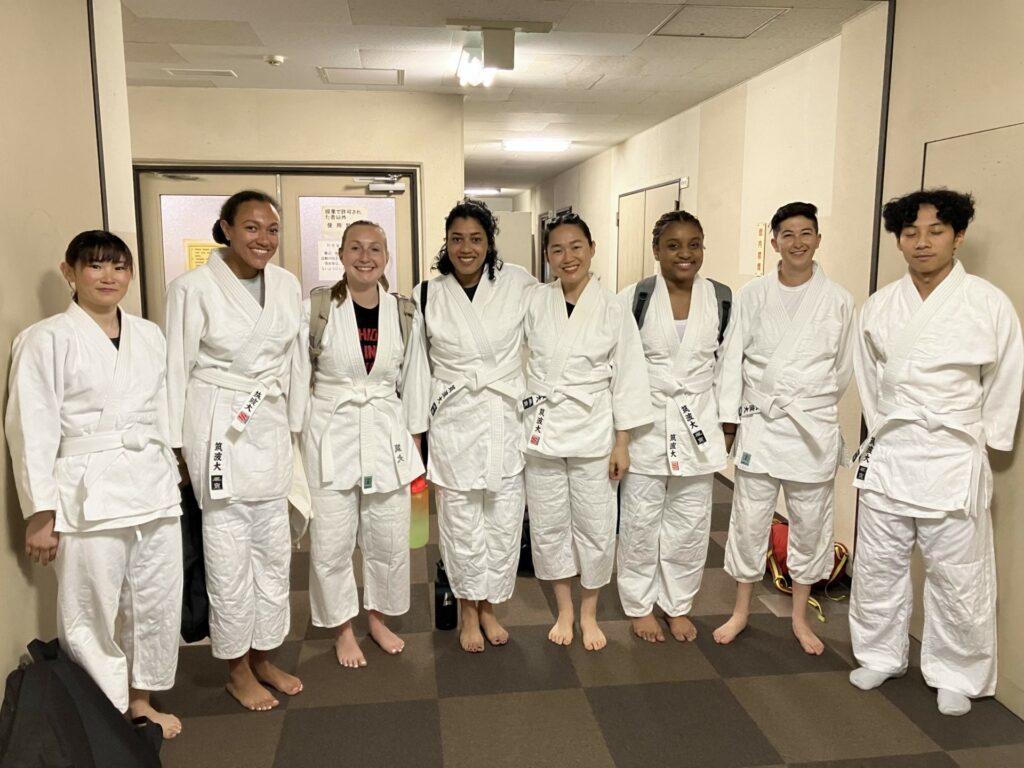
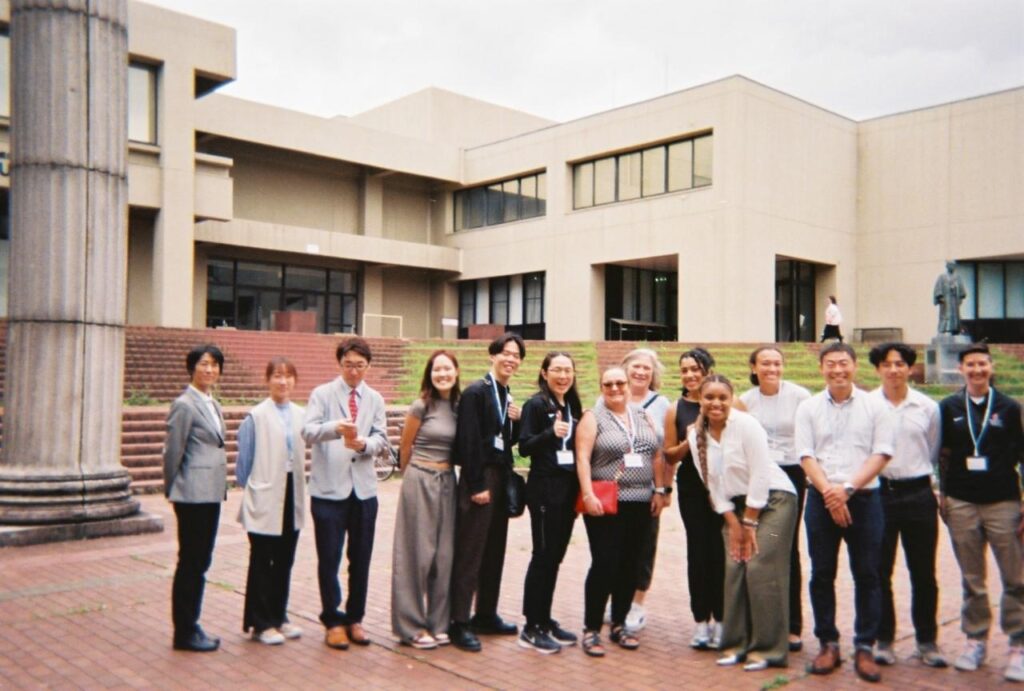
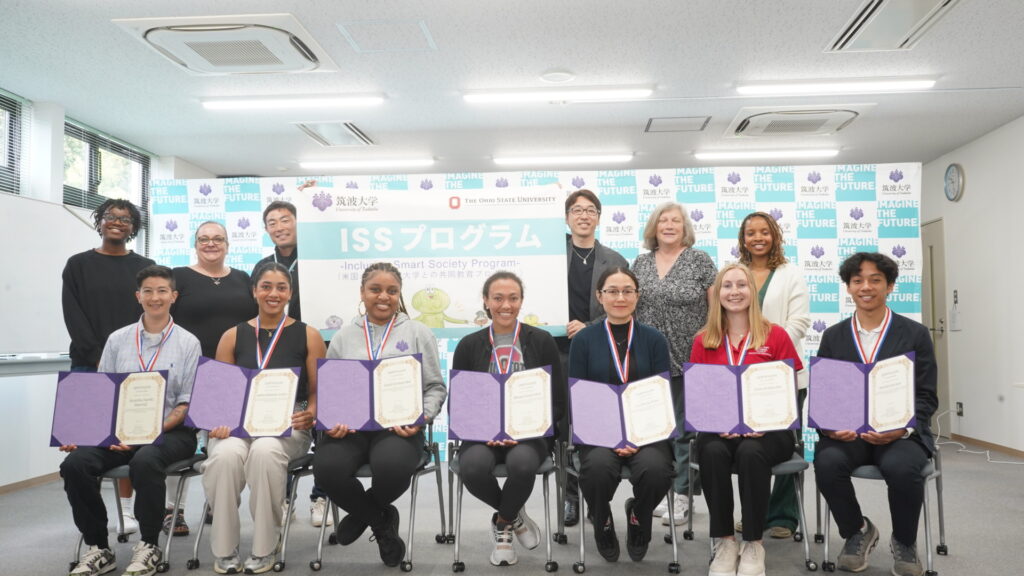
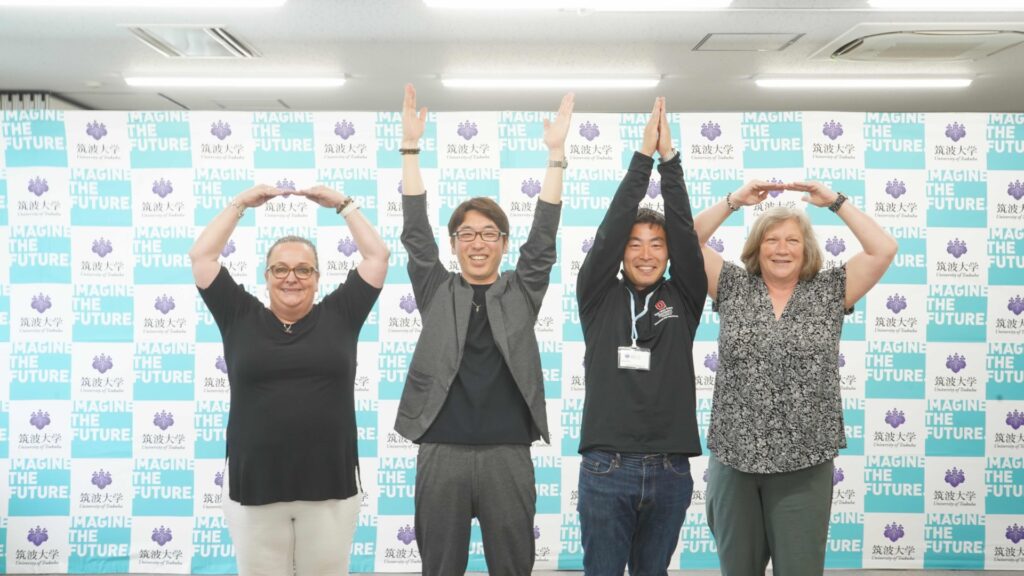
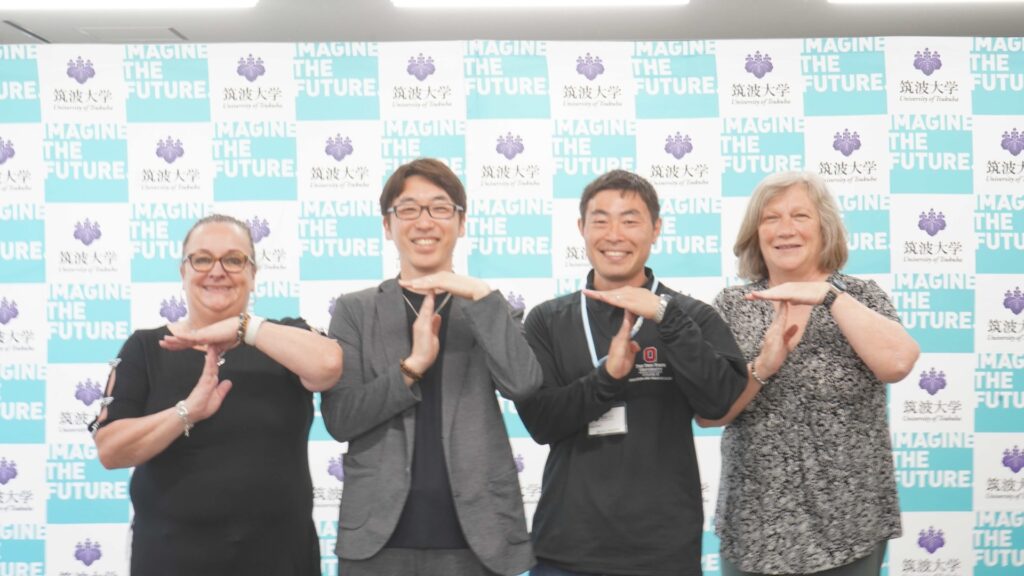
Featured International Programs
University of Tsukuba, Japan – Ministry of Education, Culture, Science, and Technology (MEXT) Grant
The University of Tsukuba was awarded a multi-million-dollar grant from the Japanese government in 2023, with Ohio State University named as a key partner. The project is focused on the concept of the inclusive smart society (ISS), and the collaboration is bolstered by the twin designations of Tsukuba City as one of Japan’s smart cities1 and the Smart Columbus initiative.
According to University of Tsukuba, “the program offers a unique opportunity for students from a diverse range of majors at both UT and OSU to collaborate, engage in meaningful discussions, and refine their ideas towards social implementation. Through this collaborative effort, the students will strive to create innovative solutions that contribute to building an inclusive and smart society.”
The College of Education and Human Ecology is a key collaborator in this project, along with the Office of International Affairs, College of Engineering, and College of Arts and Sciences.
Inclusive Smart Society Global Education Experience May 2025
In May 2024, a group comprising seven EHE students, two faculty members, and one staff member embarked on a 10-day, grant funded educational journey to the University of Tsukuba in Japan. The focus was on cultivating an understanding of the “Inclusive Smart Society,” particularly in the context of sports and leisure activities. The itinerary was diverse, encompassing lectures, tours of academic institutions and industry facilities, participation in Judo and Archery classes, hiking Mount Tsukuba, and exploring Tokyo’s landmarks. The participating students represented undergraduate, Masters, and Doctoral programs within EHE.
EHE Faculty and Staff: Jackie Goodway, Sue Sutherland, Carlotta Penn
Global Education Programs
EHE Student Experience
This summer, The European Model of Sport program (May 16 -27, 2024) traveled to Manchester, Liverpool, London, and Paris. Read more about the program through this student-written blog.
Upcoming Programs (Spring Break & Summer 2025)
Multicultural Histories and Legacies of Spain, led by Julius Mayo, Natalee Blackford, and Shantrice Bradley, will travel to Madrid and Barcelona during spring break 2025. As a part of the ESHESA 3573 course, student participants will examine the concept of social change in domestic and global contexts on the Columbus campus during spring semester, and travel abroad to Spain over spring break. This program provides student participants the opportunity to understand what social change is and how it relates to how communities live, learn, and engage with each other.
Signature Experience in International Language Education (SEILE): Taiwan, led by Becky Huang and Ivan Stefano, is designed to offer students a rich and meaningful experience in language education and cross-cultural understanding. At the core of SEILE is a hands-on opportunity to engage in English language teaching/co-teaching alongside experienced local mentors to cultivate essential teaching skills.
Sustainability and Social Justice in Ecuador explores the intersection of themes such as sustainability, food security, Indigenous rights, and women’s rights as they relate to social justice in a global context, and also focuses on comparative understandings of educational access and equity.
The European Model of Sport, led by Brian Turner, takes students on a seminar through Europe, providing a unique firsthand experience in international sports. Over the course of 11 days, the group is immersed in topics such as sport management, marketing, and sports law. Participants will attend lectures by European sport executives, engage in student workshops, and tour sport facilities in Munich, Prague, and Berlin.
Ireland: First Education Experience Program (FEEP), led by Yvonne Goddard and Ann Allen, is an 11-day study abroad program that takes students on a comparative experience internationally. This program has a strong focus on rural and Appalachian populations in Ohio but allows students to draw connections to the communities where Appalachian ancestors hail through education-related activities and excursions.
Hospitality, Gastronomy, and Tourism in Paris, led by Anne Turpin and Ashley Hicks, explores the heart of hospitality in Europe’s top tourist destination. Participants gain insight into various segments of hospitality (culinary arts, food production and service, tourist attractions) through hands-on and behind-the-scenes access to some of Paris’ most popular sites.
Imaginative Teaching and Learning in an Exemplary UK Elementary School, led by Brian Edmiston, gives students the opportunity to observe, participate in, analyze and plan lessons with classroom teachers in an urban elementary school located in a high-poverty neighborhood. Participants also engage in excursions such as Seven Stories (the national center for children’s books) and Roman ruins at Vindolanda on Hadrian’s Wall.
EHE Hosts International Delegations
In partnership with the Office of International Affairs, the College of Engineering, and the College of Arts and Sciences, EHE hosted a delegation of 24 scholars, administrators, and students from University of Tsukuba in March 2024. The visit focused on MEXT grant planning, and included campus and community tours, planning sessions, faculty meetings, and a formal dinner.
Guest Article Feature

Filiz Oskay
Creating More Engaging Schools: Building a Community Spirit in Education
Since the beginning of my teaching career, I’ve always asked my students about their best and worst school memories. This practice helps me stay critical of my teaching methods and avoid complacency. Their responses resonate with me, reflecting my own experiences as part of unwelcomed minority groups. Listening to their diverse experiences drives me to question my practices and ensure that all students feel seen, heard, and respected, regardless of their backgrounds. I believe this is vital for making schooling a force for building a better world.
With over sixteen years of experience in education across Türkiye, from public schools in disadvantaged areas to urban centers, I’ve learned that adhering to a standardized curriculum dictated by centralized administration while ignoring student diversity and their unique struggles is neither feasible nor effective. Instead, as a starting point, I aimed to foster sincere dialogue between teachers and students, as well as between teachers and parents, and put effort into involving all stakeholders—community leaders and neighborhood residents—in the educational process. I believed this approach would build trust between students, parents, and school staff, enhance engagement with the school, and create a welcoming environment. Inviting parents to teach cultural dishes in school events, asking for their help in staging plays in native languages, conducting home visits, and participating in community events; weddings, or funerals created a strong bond between my school and the community. This approach fostered a deep sense of belonging among families, making them feel that the school was truly their own, and in turn, provided invaluable support to me and my teachers in our efforts to achieve our educational goals.
Everyone would agree that dialogue is essential in education, however, creating sincere and meaningful exchanges is challenging. It requires educators to reflect on their biases and understand broader realities and injustices related to racial, religious, ethnic, sexual, and gender differences. This dual awareness compels us to share power with our students, ensuring genuine equality in the classroom. A sincere dialogue demands more than recognizing our similarities; it requires us to embrace differences and ensure that everyone holds an equal position. Thus, our responsibility extends beyond crafting lessons and organizing classrooms; we must create an inclusive environment that celebrates and values the diverse cultural backgrounds of all students, and parents. This involves acknowledging that each person’s knowledge and experiences are valuable for fostering a sense of belonging, self-esteem, and respect among students.
Throughout my journey, I’ve observed the transformative impact of educational practices that honor diverse cultures and address students’ needs, including significant improvements in student success and increased pursuit of high school and college education .If we understand that writing in a second language challenges students, or if they haven’t had prior educational opportunities, why persist in assigning writing tasks rather than encouraging oral expression? Why insist that students read stories with which they have no personal connection, instead of encouraging them to share their own narratives to foster meaningful classroom discussions? By making thoughtful adjustments to our pedagogical practices, we empower students to build resilience and develop into confident, autonomous individuals who feel truly heard, valued, and cared for. This approach transforms education into a powerful tool for helping students achieve their fullest potential, become their best selves, and contribute to societal change toward a better future.
Do you remember your schooling memories? Which ones bring you joy, and which cause a bitter feeling that is hard to explain, even confess, or accept? As an educator have you considered how your schooling memories, personal narratives and experiences as a student might influence your approaches to teaching?
-Filiz Oskay

